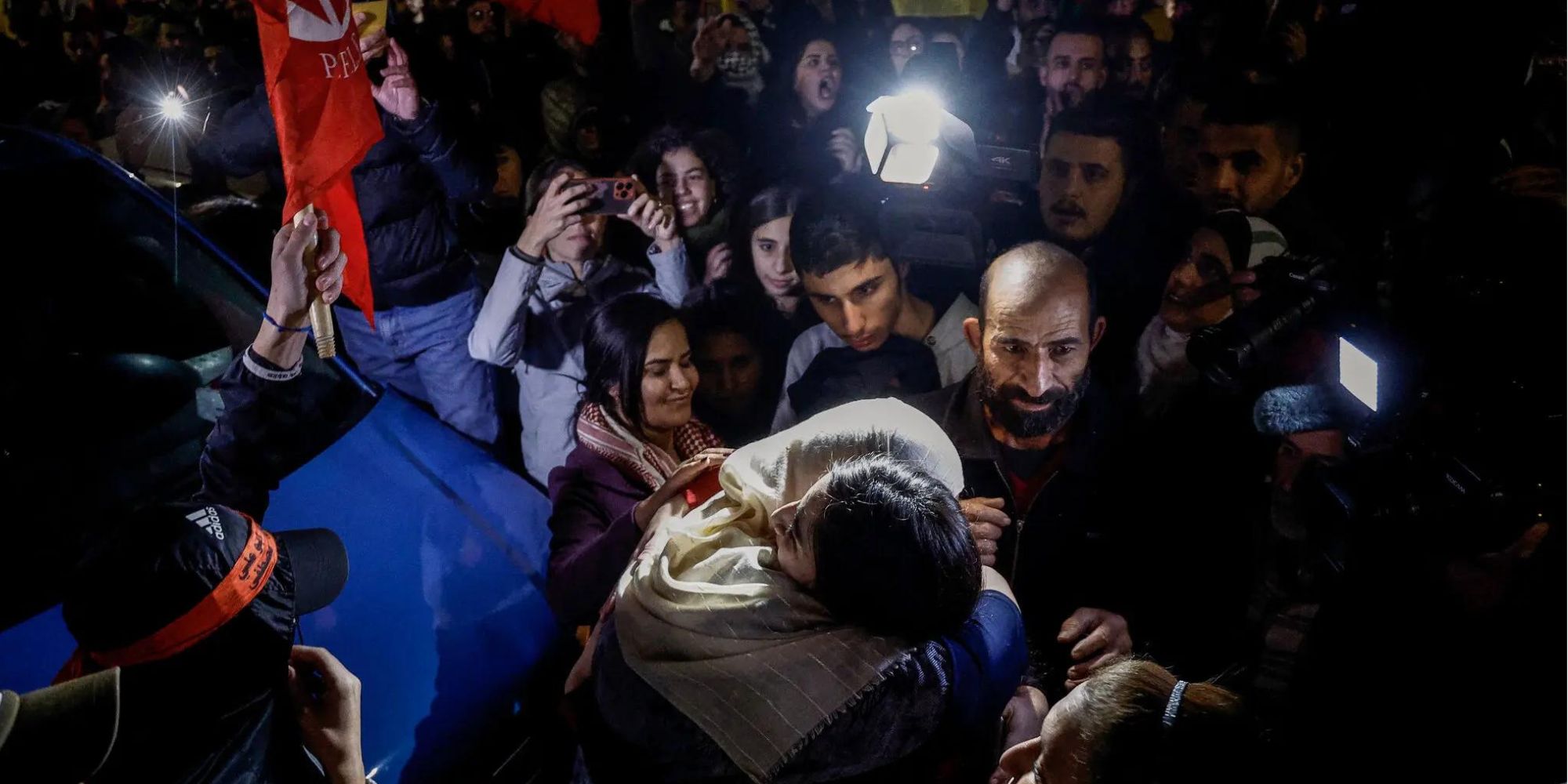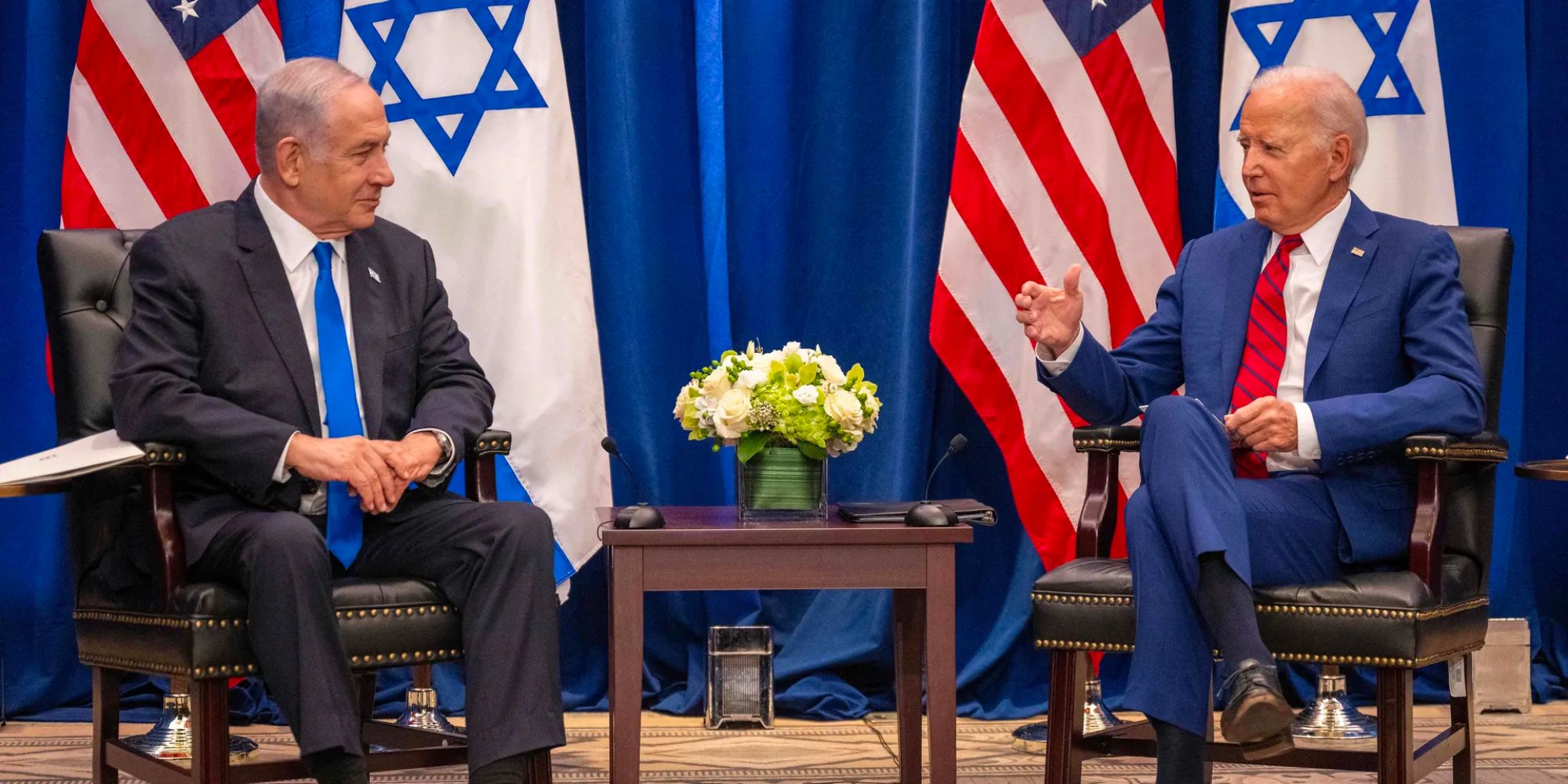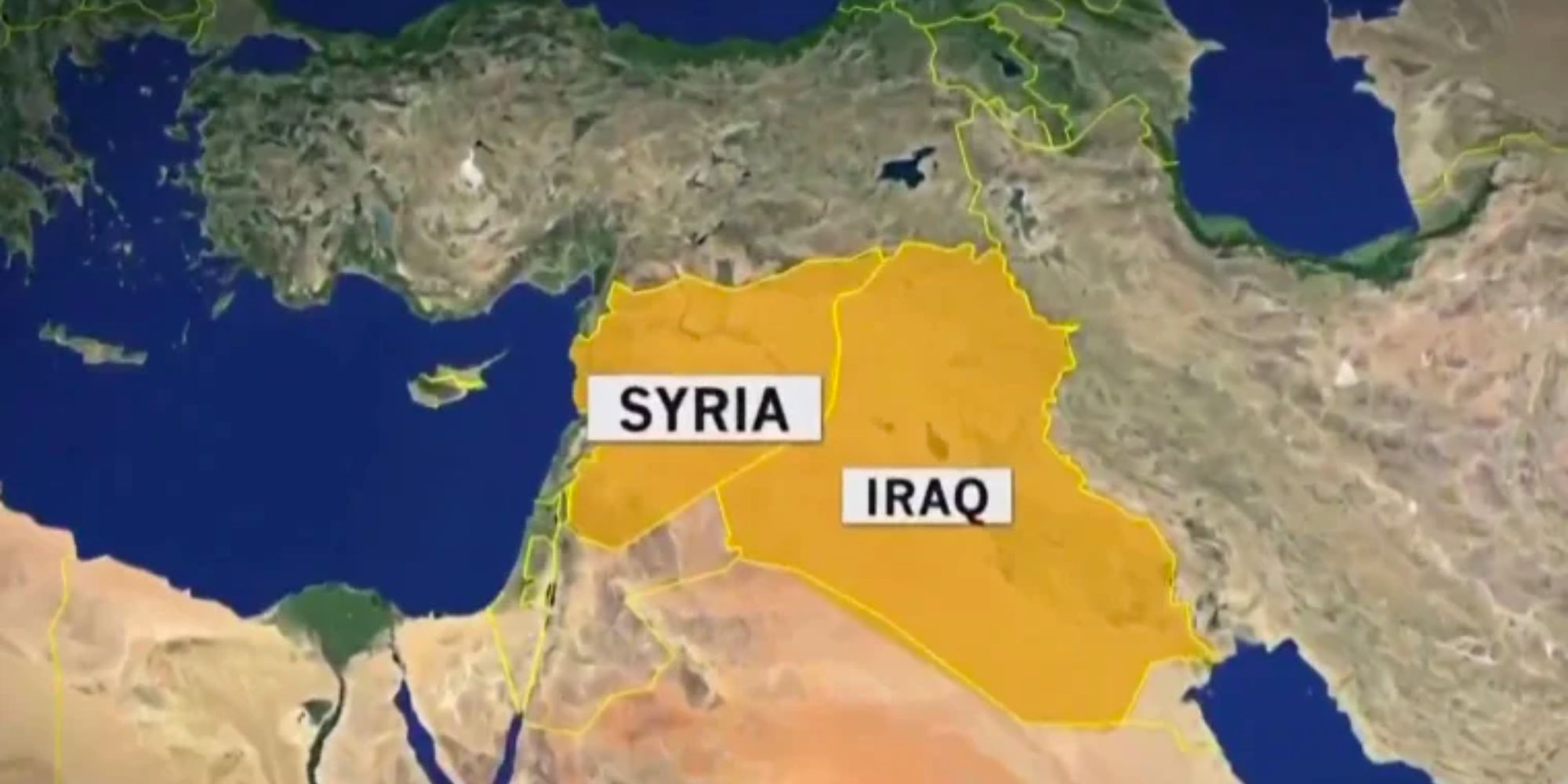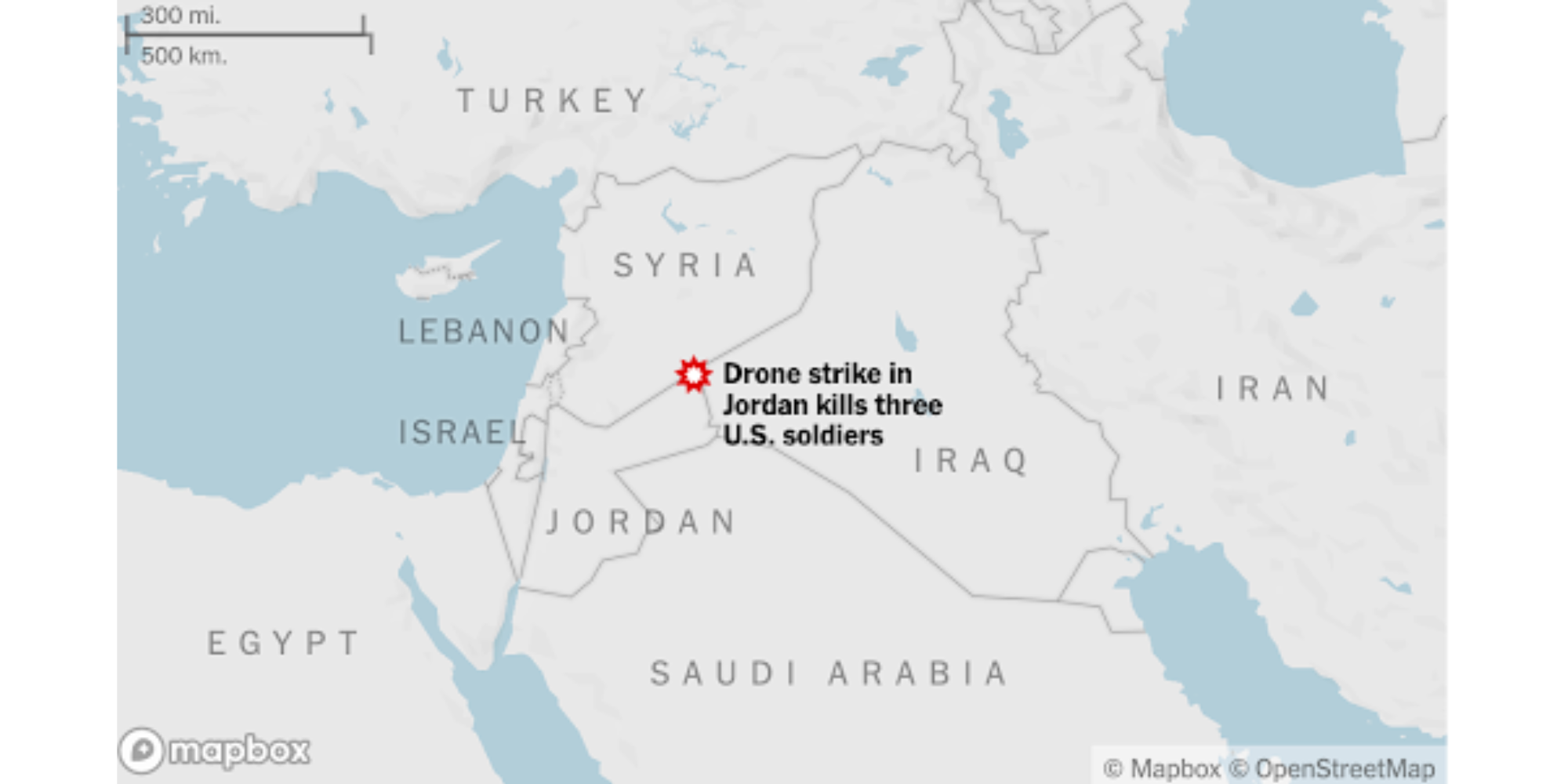Current as of 9AM EST, 1DEC23
RECENT UPDATES
The ceasefire between Israel and Hamas in the Gaza Strip concluded today as the Israel Defense Forces (IDF) announced it resumed combat operations against Hamas, accusing the militant group of violating the truce agreement by firing toward Israel. In addition, a report from The New York Times published today claims Israeli officials were aware of Hamas’ attack plan over a year ago. Nonetheless, according to U.S. officials, Hamas and Israel are still talking indirectly about hostages and U.S. officials assess a pause could resume again as early as later today. During the seven-day ceasefire, 80 Israelis–primarily women and children–and 24 foreign nationals were released from Hamas’ custody, and 240 Palestinians were freed from Israeli prisons.
- Humanitarian Crisis: No aid trucks crossed into Gaza today as the truce expired and fighting resumed. Under the truce agreement, up to 200 trucks entered Gaza each day during the pause in fighting. Today, IDF officials said they dropped leaflets in areas of southern Gaza depicting “evacuation zones” for the “next stage of the war.” United Nations officials estimate more than 1.8 million people in Gaza, more nearly 80 percent of the population are internally displaced, and satellite imagery suggests up to a third of all structures are damaged.
- U.S. Support: Secretary of State Blinken met with NATO foreign ministers in Brussels this week to discuss maintaining a ceasefire between Israel and Hamas to allow for increased humanitarian aid to the Palestinians, and the further exchange of hostages. Senior U.S. Department of State (DoS) officials said today discussions between Israel and Hamas are continuing despite Hamas not handing over its expected list of hostages for release. Hamas officials claim they do not have additional women and children for release, but Israeli officials do not believe them, according to DoS officials.
- Military Operations: The Israeli military’s defense system intercepted a rocket launched from Gaza approximately one hour before the truce was set to expire, according to the IDF. Hamas officials also claimed on Thursday two members of its group killed three people and injured seven others in an attack on a bus stop in Jerusalem. Meanwhile, The New York Times published a report today claiming Israeli officials obtained Hamas’ attack plan more than a year ago, but Israeli military and intelligence officials dismissed the plan, assessing it would be too difficult to carry out. The New York Times cited a 40-page document outlining “point by point” Hamas’ battle plan for the type of assault which was carried out on October 7.
- Regional Relations: Egyptian and Qatari negotiators pushed to extend the pause in fighting in Gaza for an extra two days to facilitate the release of additional hostages and Palestinian prisoners, and to allow more aid into the Strip. Negotiators noted Hamas claimed it was having trouble locating 10 women and children hostages, a condition Israeli officials stated must be met to further extend the truce. Jordanian officials condemned the “resumption of the Israeli aggression on the Gaza Strip” and called for an immediate ceasefire.
Protests: The resumption in fighting is likely to spark additional worldwide demonstrations. Protests were held on November 29 to mark the International Day of Solidarity with the Palestinian People, with demonstrators taking to the streets in New York, London, Stockholm, Tokyo, Johannesburg, Milan, Tunis, Tehran, Karachi, and Beirut, among other locations. Police are on standby in the U.K. this weekend as more than 40 pro-Palestinian protests are expected, with tens of thousands of people rallying in London last Saturday to call for a permanent ceasefire in Gaza.
CONCENTRIC’S RECOMMENDATIONS
We continue to urge anyone with business interests in Israel and the surrounding regions to exercise extreme caution, and to consider postponing any upcoming travel. We also encourage travelers to avoid all demonstrations and maintain awareness of their surroundings in areas with protest activity. Travelers and businesses should also consider:
- Watching for updated U.S. Department of State worldwide travel advisories.
- Maintaining vigilance in and around Israel, Lebanon, Egypt, Saudi Arabia, Qatar, and other portions of the Gulf.
- Reaching out to Concentric’s experts for support. Concentric can provide:
- Emergency evacuation and secure transportation, and support from local partners;
- Active monitoring and intelligence support, including tailored risk and travel assessments;
- Tailored security consulting;
- Executive protection agents;
- Cybersecurity and digital privacy protection.
If you are interested in a briefing with Concentric’s Chief Executive Officer Mike LeFever or a member of Concentric’s team on any of these topics, please do not hesitate to contact us
Feature image source






